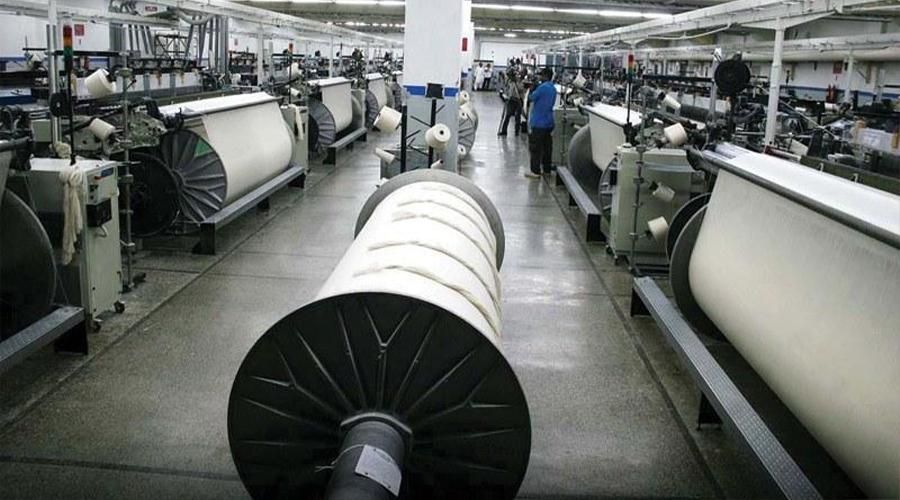Pakistan’s textile businesses have received export orders for the next six months as the sector expands production capacity to meet robust demand from foreign buyers.
Adil Bashir, chairman of All Pakistan Textile Mills Association (Aptma) said on Monday the textile sector is currently in the mode of rapid expansion to cater with increased orders and demands.
“Exports orders for next 6 months are booked and despite COVID our exports have increased significantly compared to our regional competitors whose exports have shrunk,” Bashir said in a statement.
According to the Pakistan Bureau of Statistics, the textile sector which accounts for more than 60 percent of total exports has now fetched $6 billion from abroad during the five months of the current fiscal year, up around five percent year-on-year.
Read more: Pakistan gets textile export orders from top brands Hugo Boss, Guess, Target
Covid-19 was the biggest challenge for the outgoing 2020, which disrupted global economies and their supply chains. Pakistan too felt the heat of the deadly virus, starting late February, but surprisingly within a couple of months, the country’s textile industry was back on track.
Textile companies are making capital investments to increase the production of fabrics with demand from the value-added sector on a strong recovery path compared to stagnation a couple of months back due to the economic shutdown.
Aptma also appreciated the much-improved gas supply and pressures of gas and re-gasified liquefied natural gas (RLNG) to the export sector units in December.
Chairman of All Pakistan Textile Mills Association (Aptma) said, “This sustained supply of gas / RLNG will maintain the momentum of enhanced exports as currently the sector is working at full capacity. It is absolutely essential to sustain this momentum which is being facilitated by the textile policy currently under approval of ECC [Economic Coordination Committee of the cabinet], the regionally competitive energy tariffs and the sustained provision of gas / RLNG to the export sector.”





















